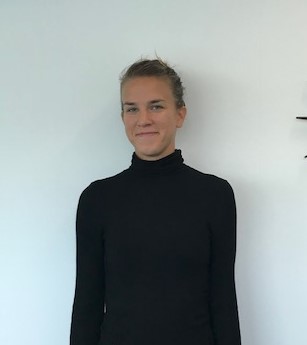
Short biography:
I'm a PostDoc at GFI, working with biogeochemical predictions within the Nansen Legacy project. I'm interested in the interactions between ocean biogeochemistry and ocean physics, and I'm mainly working with 3D numerical models.
I have a PhD in Atmospheric Sciences and Oceanography from Stockholm University, and an master in Physical Oceanography.
Abstract:
Coastal seas are hot spots of marine carbon cycling; they receive large amounts of nutrients from land, fueling marine primary production and atmospheric CO2 uptake. At the same time, inputs of organic carbon (OC) from land favor remineralization processes, and can turn these seas to sources of CO2 to the atmosphere.
Here I will present the research I did during my doctoral studies on “Organic carbon dynamics in the Baltic Sea – a modelling perspective”, where I have looked into both marine produced OC, and the fate of terrestrial OC, in one of our most well-sampled seas.
The fate of terrestrially derived OC, brought to the ocean by rivers, is widely debated. It is often considered as inert and difficult to degrade by marine microorganisms. We show here by the use of a 3D coupled physical biogeocehmical model that 80% of the terrestrial dissolved OC entering the Baltic Sea is remineralized and outgassed to the atmosphere, turning its northernmost part to a source of CO2 to the atmosphere.
For the uptake of atmospheric CO2, we show that more complex biogeochemical models than those currently in use, taking into account phytoplankton stoichiometric flexibility, have to be used. If using a fixed nutrient to carbon ratio, the so-called Redfield ratio, to derive the carbon fixation the uptake of atmospheric CO2 is underestimated by half. We further show that primary production estimates from incubation experiments highly underestimate the carbon fixation, which is suggested to be caused by a large production of extracellular OC.
Arranged date for the seminar talk: Dec 03, 2018
Place: BCCR Lecure room 4020, Jahnebakken 5
